In the last decade or so banking frauds and financial scams has become a regular affair in the Indian Financial System. Occasions of asset misappropriation, money laundering, cyber-crime, accounting frauds, bank advances without collateral, Loan losses etc. are increasing continuously. They not only indicate the loopholes in the financial system but also show the level of human greed. At some point of time common people become the target of the suspicious fraudulent activities. Banking frauds accounted for approx. Rs.25,775 cr loss to Public Sector Banks (PSBs) in 2017-18.
In this age of globalization, not only in India, there are large number of scams and frauds worldwide, which vanishes billions of dollars from investors directly or indirectly impacting the global economy, financial system and lives of common people. The collapse of Lehman Brothers, fourth largest US Investment bank, in 2008 was followed by US subprime mortgage crisis as the bank needed more mortgages to gain from investing in derivatives and then ultimately filed for bankruptcy. Cascadingly, it led to global financial crisis, loss of faith in other banks and deep recession in many countries.
The improved technology, internet usage and digitalization has made life easier for everyone with everything just a click away, be it online shopping, ordering food or making payments etc. However, digitalisation has opened the doors for large number of frauds such as data breaches, identity theft, online scams, email or charity scams. According to the Norton Cyber Security Insights Report, cybercrime of USD 19.4bn impacted 143 million Americans in 2017. Universities, health insurance companies, retailers, any company or institutions that collects data of customers and those who are connected through internet are exposed to get attack by hackers.
Generally, it happens that you get phone, email or messages from unknown person or company. Now a days scammers are on telephone, at your door, in your mail inbox or online, so one always needs to remain cautious and careful.
Of late a new type of scam was found, where the phone rings and if you say ‘hello’ there is no one to respond. It’s a new type of robocall from automated computer system, which make thousands of calls and generate list of humans to target for theft.
Recently an email was marketed that ‘D-Mart is giving free Rs.2500 shopping voucher to celebrate its 17th anniversary. Click here to get yours.’ It’s a phishing scam i.e. either the scammer is trying to install malware on your computer or gather personal information, if you click the link and fulfill your personal details.
Financial scams and frauds can happen at any time with anyone at anywhere. Massive scams and frauds are out of our control to identify.
Few tips to avoid or reduce your exposure to common financial scams
- Don’t respond instantly to a phone call, letter or email.
- If you receive email congratulating that you have won the lottery. To avail lottery benefit, first you have to pay taxes and other charges. Please note that nobody can win lottery they did not enter.
- Avoid calls asking for charity and donation for victims, as it may target to steal your credit card information.
- Don’t download software from pop-up windows or don’t click on any hyperlink as it may target to gain your personal information to access your bank account.
- Install anti-virus software and update it periodically.
- Always strengthen your password and make it tough to crack. Frequently change your passwords to protect your bank account and other sensitive information.
- Do not wire your money / credit or debit card to a stranger or who claims to be a friend or relative.
- Do online transactions from safe and reputed websites.
- Don’t give your financial information to an individual or business you don’t know. Sometimes scammers’ calls and claim to be from Government agency asking your personal information as it require to be updated.
- Whenever you use credit or debit card, beware that it can be cloned to obtain financial advantage or use your balance. Further, never let your card out of your sight while making payment. Also retain your billing statements safely and sign the card in ink the moment you receive it.
- To avoid cheque frauds, don’t sign the blank cheque before completing all details including the amount. Keep cheque book in a safe place and better to use net banking rather than cheque books.
Conclusion
Banking frauds and financial scams are trending both on and offline questioning the goodness of our financial system. In order to get rid of these scams and frauds, effective and severe checks, internal control mechanism, security and transparency is required at each and every level of an organization be it private or public. More trust should be shown on NSE certified market professionals. However, by following the above guidelines you can save yourself from becoming the victim of the common financial scams and frauds.
In order to get the latest updates on Financial Markets visit Stockedge
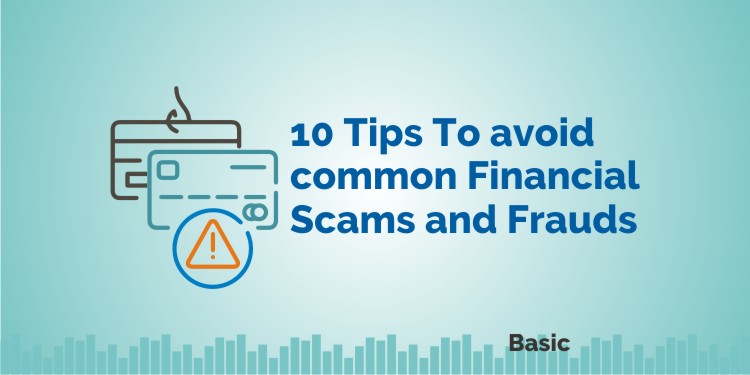

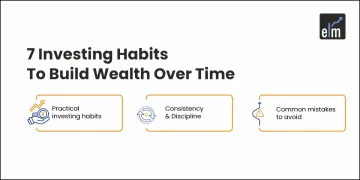
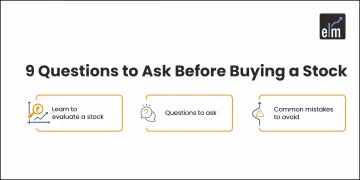
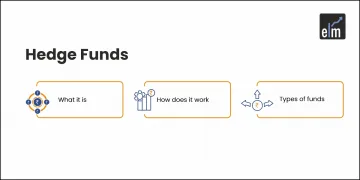
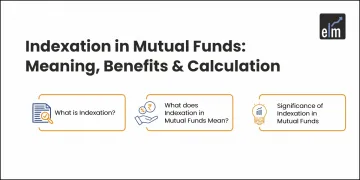


You really make it appear so easy along with your presentation but I find this matter to be really something which I feel I might never understand. It kind of feels too complex and extremely huge for me. I am taking a look ahead on your next publish, I will attempt to get the hold of it!